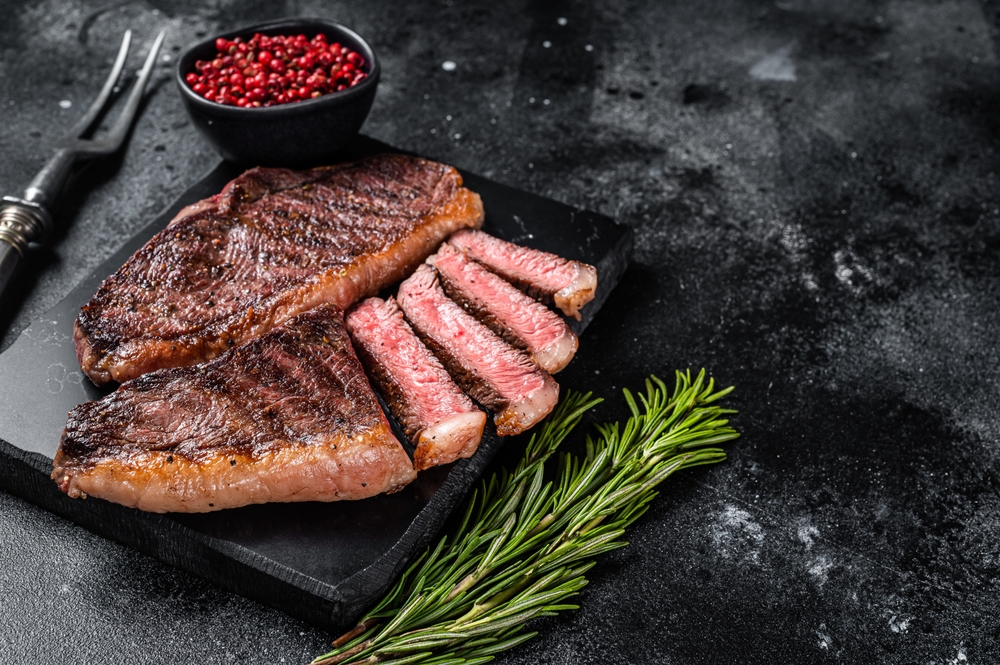From Knighthood to Culinary Delight: The History of The Sirloin
One of the meat industry’s most popular cuts is the sirloin. With its medieval history and versatility for cooking, it’s easy to see why.
Grilled, roasted, pan-seared, or even as leftovers in a sandwich, this cut of beef has a delicious and long-standing history in British culture and cuisine.
Perhaps the most famous story in the history of the sirloin is attributed to the myth that King James I had coined the phrase by knighting a cut of beef at a feast held at Houghton Hall in Lancaster during a grand feast, proudly declaring “Arise Sir Loin”. Whilst a very charming story, the history of the sirloin is more accurately whittled down to its linguistic roots, coming from the French “Surlonge” to mean ‘above or below the loin’.
Nonetheless, it is a deliciously rich and tender cut of beef making it an especially popular choice for steak.

Sirloin cuts are often the thinner portions of a steak, having high protein and low fat content. Although the sirloin is a leaner cut of steak with less marbling than the rib eye, it is far from dry.
Top sirloin is one of the most popular sirloin cuts, with the bones and harder muscles removed to produce a more delicate and juicy steak.
Red meat is a high-protein food that is essential for muscle health, and both of these steaks include a lot of protein per serving. Steak contains Vitamin B12, Vitamin B6, iron, phosphorus, and zinc, all of which your body requires daily to function properly.
Lucy Vardy | Meatex
See More:
Menu that sparked the legend of knighting joint of beef ‘sirloin’ goes up for auction